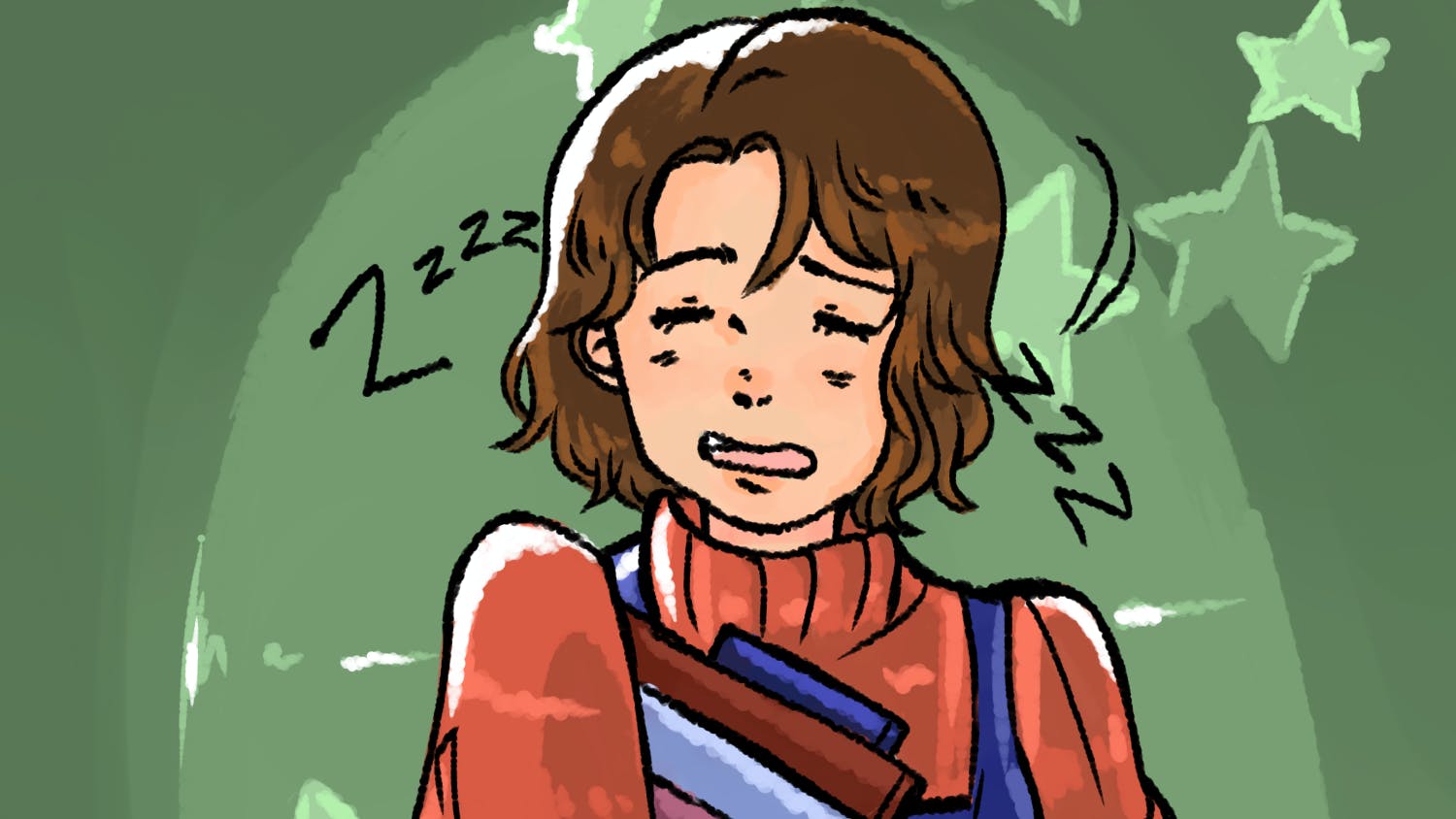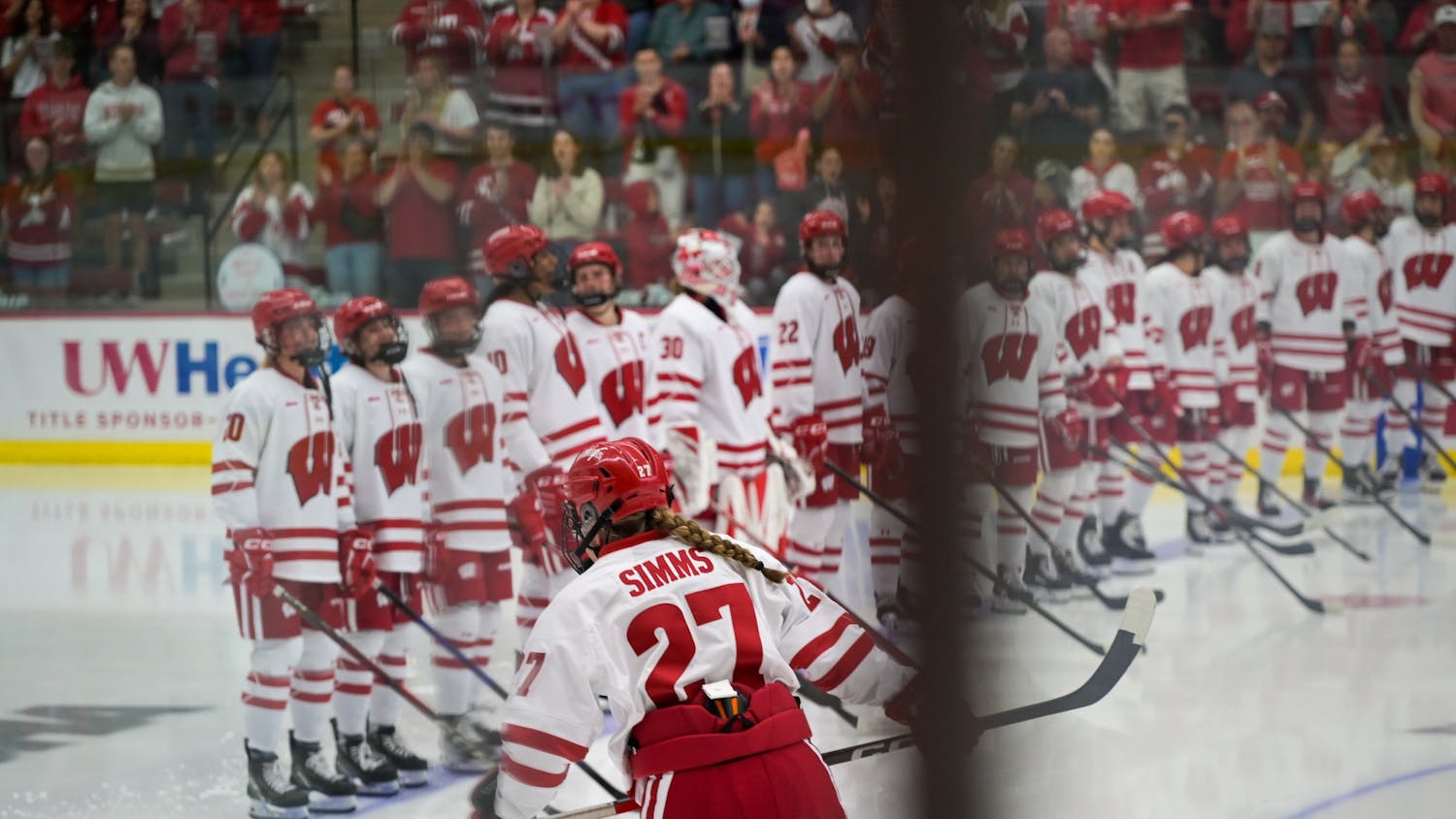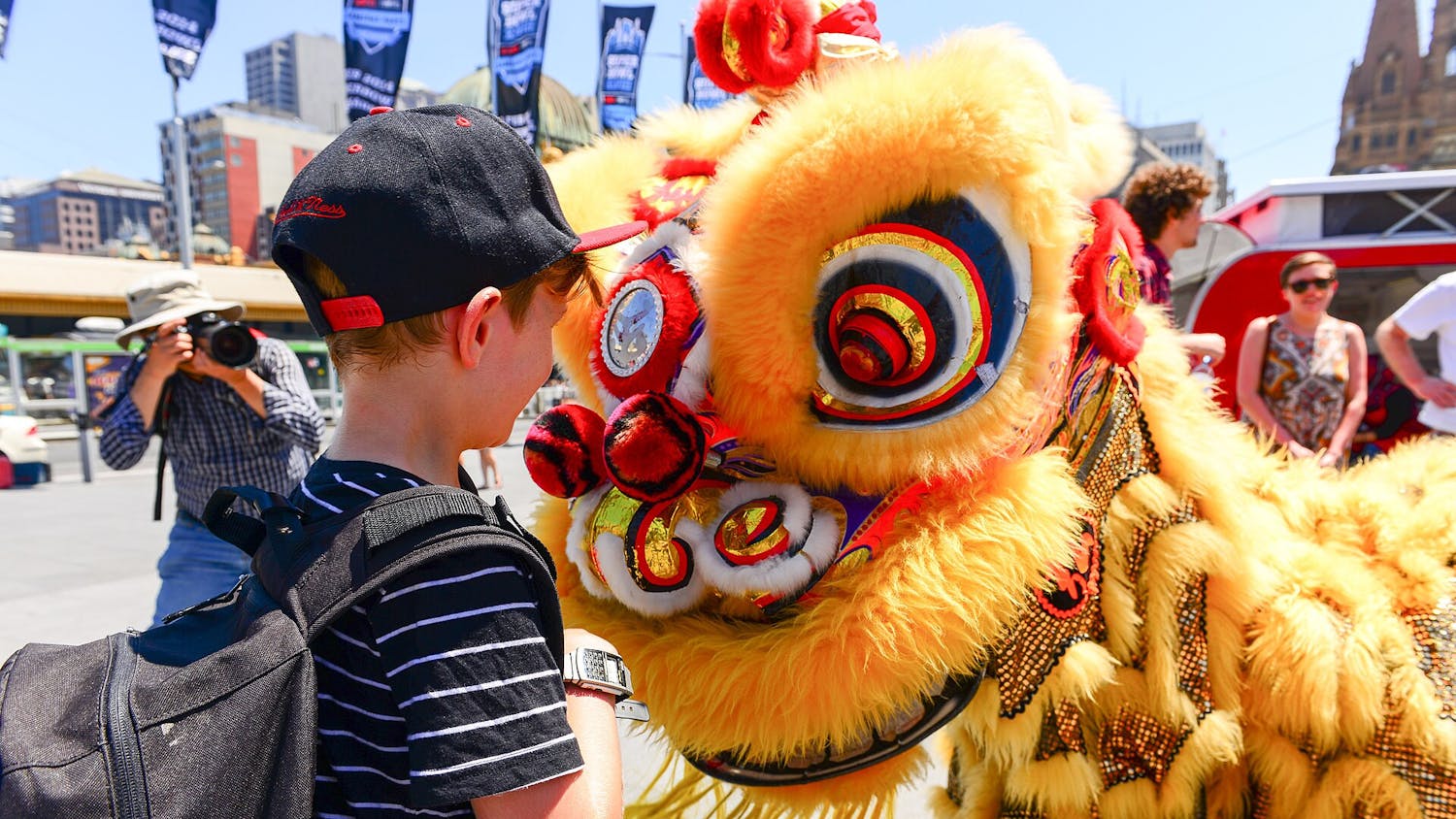“The day the music died” are lyrics musician Don McLean dedicated to Buddy Holly and Ritchie Valens after a 1959 plane crash took their lives. Now, it can be applied to the fatal use of artificial intelligence in music.
In early November, Xania Monet, an R&B artist who solely uses AI, became the first of her genre to land on Billboard’s Radio Chart. Although there is technically a person behind the avatar, 31-year-old Telisha Jones, all of Monet’s music is artificial, devoid of real human connection or feeling.
Jones told CBS News, “I wanted to reveal myself because I wanted people to know there was a real person behind Xania. That there’s real emotion and soul put into those lyrics.” But, if there was truly any “emotion or soul put into those lyrics,” then she would have written them herself. Whether there is a real person behind an AI artist does not negate the fact that the music is still not made by a human being.
The reason “How Was I Supposed to Know” landing on the Billboard Chart is so damaging is because it represents a societal shift toward the undermining and destruction of human feeling in art. Music is supposed to be an outpouring of all of the things we are too afraid of or too embarrassed to say out loud. If that industry is entirely overtaken by AI, where will that human feeling go? If that source for artistic expression is severed, won’t some parts of human connection be too?
Not only this, but the use of AI in music is essentially plagiarism, as AI will mask what it is generating as “original” while it simply copies the musical styles and sounds of pre-existing artists and songs, which is not only completely unethical, but also incredibly damaging to the creativity of this art form. The use of AI in music simply recycles songs that are already out there, generating a Frankenstein of pre-existing sound. That is not what music is supposed to do. It’s supposed to make a person feel understood in a way nothing else can, and that is an impossible feat if the music they are listening to isn’t even made by a human being.
Not only does the use of AI in music undermine the expression of human creativity, but it also makes it extremely difficult for new artists to become known within the industry. The bottom line is AI can generate “new” sound faster and easier than humans can. That puts up-and-coming artists at an extreme disadvantage financially and in terms of time. Physically making a song is simply more expensive because it takes longer, and just because an AI song is completely lacking any sort of creative or human sentiment, that doesn’t entirely matter if it’s cheaper.
Perhaps the poetry of music is not important to the people utilizing AI as a means of cutting back time or money, but it is to those who feel the lyrics. The intricacies and the intimate feelings within the poetry of lyrics become important to those who have been through loss, or heartbreak or any other deep unmitigated human emotion. AI will never be able to mimic the depth of the human heart and soul, no matter how advanced it becomes, because it can never experience that trauma — the inescapable and insurmountable changes that each human being goes through.
AI can never replicate human emotions, and for that reason, it will never overtake the music industry as a whole. Nevertheless, the increasing use of it and the recent success it has are still entirely damaging and disheartening to real human expression and creativity. It is important to consciously contest AI as a means of preserving the spirit of the human being.






